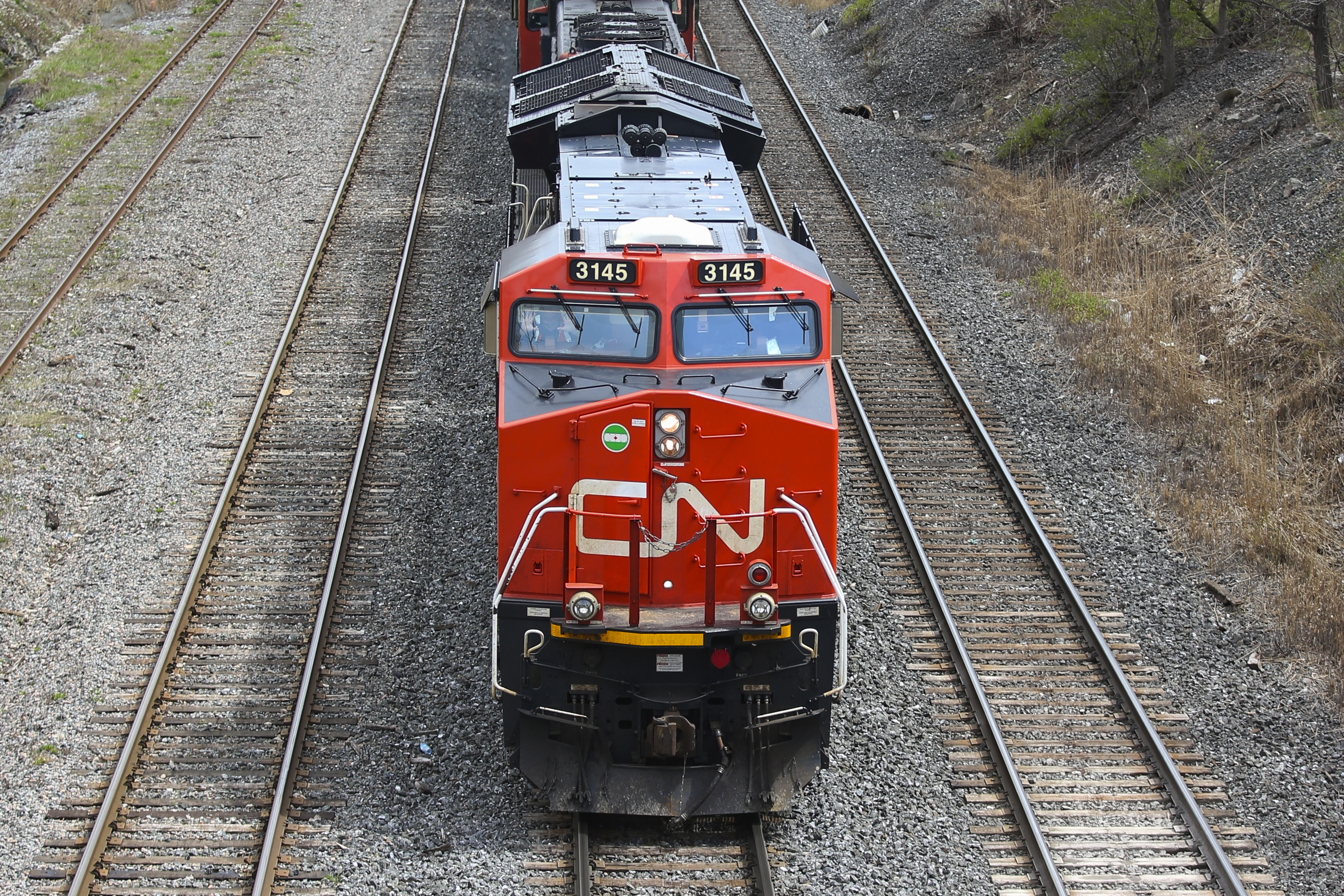
Visit Our Sponsors |
|
|
|
|
|
|
|
|
|
|
|
|
|
|
|
|
|
|
|
|
|
|
|
|
|
|
|
|
|
|
|
|
|
|
|
|
|
|
|
|

Photo: iStock.com/Fahroni
 A: Many non-asset-based 3PL providers have developed sustainable transportation practices, such as working with carriers that use electric vehicles or biodiesel-powered trucks to help reduce greenhouse gas emissions, route optimization and load consolidation technology and intermodal transportation. By partnering with a 3PL provider that uses sustainable transportation practices, companies can reduce their carbon footprint, improving the environment.
A: Many non-asset-based 3PL providers have developed sustainable transportation practices, such as working with carriers that use electric vehicles or biodiesel-powered trucks to help reduce greenhouse gas emissions, route optimization and load consolidation technology and intermodal transportation. By partnering with a 3PL provider that uses sustainable transportation practices, companies can reduce their carbon footprint, improving the environment.
3PL providers can help customers optimize logistics operations to reduce waste, improve efficiency and lower greenhouse gas emissions. Using data analytics and automation to manage inventory better and reduce unnecessary transportation, 3PL providers can help companies minimize their environmental impact and help businesses have more sustainable transportation.
Sustainable transportation is designed and operated to minimize negative impacts on the environment and promote social and economic sustainability. Even non-asset-based 3PLs can help reduce greenhouses gases and improve the environmental footprint for companies by:
By working with a 3PL provider that prioritizes sustainability, companies can reduce their environmental impact and demonstrate their commitment to sustainability to customers and stakeholders.
RELATED CONTENT
RELATED VIDEOS
Timely, incisive articles delivered directly to your inbox.






